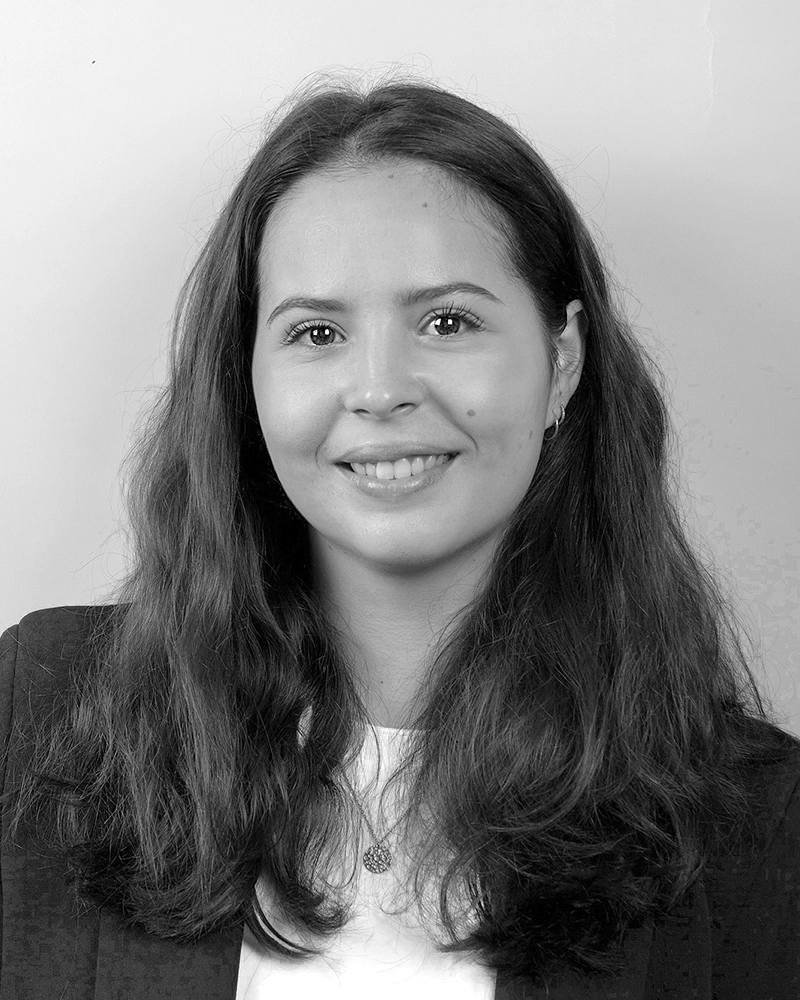
Jody Danard
“Perdre le Nord”: Literary Subject Constructions in the Narrative Imagined Space of the North in French Canadian Contemporary Literatures from Québec, Acadie and Autochthonous Territories
The North as a contradictory figure between man and nature, space and history, fact and construction has always exerted a certain fascination on people in Europe and has increasingly been used as a spatial narrative frame in literature from Québec – but also of Acadian or autochthonous provenance. The fictional(ised) North has since come under the scrutiny of researchers as a cultural-geographical space of identitary negotiation, but especially as a literary-aesthetic space of identity construction. My PhD project focuses on the following research questions: In what ways have subject constructions with reference to the North been constructed literarily, aesthetically and narratively in exemplary French Canadian narrative texts since the 2000s? Which long-lived topoi and narratives play a role in the different corpora? What new narratives are emerging?
Research Interests
- French Canadian Literature
- Indigenous Literature
- Space in Narratives
- Imagined North
Vita
- Since January 2022
Research assistant, Department of French Literature, University of Bremen - 2019 – 2021
M. Ed. English & French Philology, Christian-Albrechts University of Kiel - 2019 – 2021
M. Ed. English & French Philology, Christian-Albrechts University of Kiel - 2018
Abroad Study Semester at the Université de Montréal, CAU Scholarship - 2016 – 2019
B. A. English & French Philology, Christian-Albrechts University of Kiel
Publications
- 2023
Dystopie, Fragmentation et Filiation dans Aquariums de J.D. Kurtness. Nordic Journal of Francophone Studies/ Revue nordique des études francophones, 6(1), p. 34–44. Accessible at: doi.org/10.16993/rnef.96.
Talks, Workshops and Events
- 10. – 11.10.2024
Conference ESF Conference „Territory, Tension & Taboo“ Emerging Scholars Forum of the Association for Canadian Studies in German-Speaking Countries, University of Bremen - 13.04.2023
Talk Processus de négociations culturelles, filiation et identité dans Aquariums de J.D. Kurtness at the Forum Junge Romanistik: Migration und Transnationalisierung in der Romania, University of Passau - 05.03.2023
Emerging Scholars’ Forum Solidarité féminine et écoguerrières nordiques dans la trilogie de Gabrielle Filteau-Chiba at the 44th Annual Conference of the GKS, Hotel am Badersee Grainau - 22.09.2022
Talk Les littératures autochtones du Québec: le renouveau du roman de terroir francophone? at the 13. Kongress des Frankoromanistenverbands, University of Vienna - 30.08.2022
Colloquium Acabride – L’Acadie hybride with Prof. Dr. Karen Struve and Dr. Benjamin Peter, University of Kiel - 25.07. – 05.08.2022
European Summer School for Canadian Studies (ESSCS), Scholarship of the AIEQs (Association Internationale des Études Québécoises)
Teaching
- Summer Term 2023 U Bremen
Traduction littéraire français-allemand. Lesekurs zur Einführung in die französische Literaturwissenschaft - Winter Term 2022/23 U Bremen
La littérature francocanadienne (Québec et Acadie): analyses de texte et préparation d’une exposition à la SUUB/Traduction littéraire - Summer Term 2022
Einführung in die französische Literaturwissenschaft: Literaturgeschichte und Textanalyse